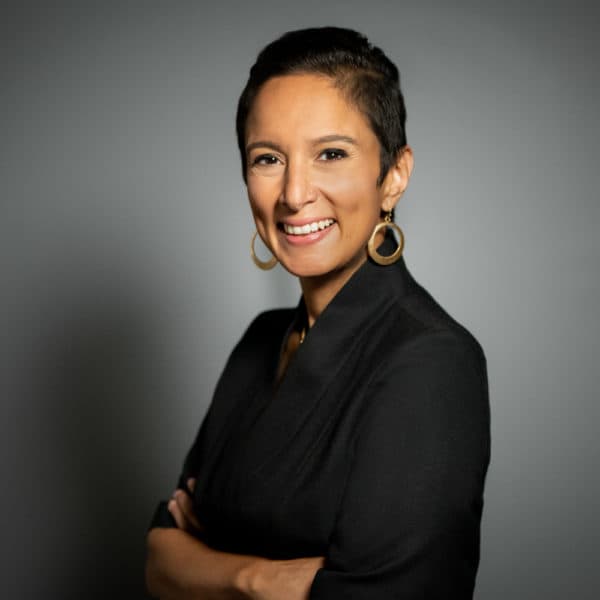Advertisement
Local leaders discuss how to navigate Boston while Black
ResumeThe inaugural ‘How to Boston While Black’ Summit is kicking off Thursday.
Local Black leaders, community members and allies will gather over the course of three days, taking part in workshops and panels that discuss how to best navigate Boston’s professional and cultural landscape as a Black person. The summit is focused specifically on building a thriving Black business network across the region.
Morning Edition host Rupa Shenoy sat down with Boston While Black CEO Sheena Collier and Boston’s Chief of Economic Opportunity and Inclusion Segun Idowu to have a discussion on the importance of the summit and why it was needed.
Highlights from this interview have been lightly edited for clarity.
Interview Highlights:
On how the summit came about
Collier: It honestly came from my experience navigating Boston. I've been here for 18 years. I came here to go to graduate school and had a challenge feeling a part of my school community in grad school, as well as the Greater Boston Black community. And really that is that is how Boston While Black was created because I was seeking this community that I had to create for myself, and so I created it for others.
The summit is a three-day, in real life version of that and an opportunity to bring together the Black people across the city who are really experts about how to navigate Boston. We're focused on specifically tech and life sciences because of the importance of that those industries in Boston. And then we have a whole day focused on navigating the city. So everything from how do you get civically engaged, to dating in Boston, to how to access mental health and wellness resources. [These] are the tools and resources people need to create the city they want to live in.
On why the summit is focusing on tech
Collier: I made a hard career change a couple of years ago to work for the Greater Boston Chamber of Commerce. And it really further opened my eyes to how much Black people are not represented in some of the most innovative, fastest growing industries in the city. ... I don't myself have an expertise in the tech and life sciences space, but ... I wanted to make sure that the voice, the leadership, the participation of Black people are showing up in all spaces. How do we really make sure that Black people are a key part of this?
On attracting and retaining Black talent to Boston
Idowu: Well, I don't think it's an issue of attracting people. There's no dearth of Black people or Black talent in the city who want to be a part of a community. And that's where the rub is. That's where Boston has been failing, is creating that sense of community for Black people of all varieties in the city.
The real issue is retention. There is no community, there are no spaces owned by Black people that you can just hang out and be yourself and not worry about the outside world coming after you like many of our experiences are. My job, and that of the Economic Opportunity and Inclusion cabinet, is to make sure that we are making Boston a place that is worthy of retaining all of this talent — creating those spaces, creating more opportunities for ownership, making Boston a fun place — because we shut down at 10 p.m. for some reason. Black talent wants to come here. It's about us creating the conditions for keeping them.
On how the city benefits when Black professionals stay in Boston
Collier: There are so many angles that I could start from. I won't bore you with all the data that's come out about the importance of diversity in companies, but we know that it makes a difference and makes every company better. Some of the most important innovations of our time have come out of Boston. The founders are from Boston — Facebook, Airbnb. So we know that this is a place where things are being birthed that are literally changing the world. And those companies ... they will benefit from having the top talent of color, particularly Black talent here, to be able to be at the beginning of what will be the new innovations that come over the next couple of centuries. And part of what the role that we're trying to play is bringing more visibility to the amazing Black community culture and experiences that already exists here and then helping to create what doesn't exist.
Idowu: Part of the work of our cabinet is maintaining or growing the economic competitiveness of our city. And what we know through every study, every example, history is that diversity increases the competitiveness of any city, company, etc. It benefits us because we remain a competitive city on the global stage as a place where people of all backgrounds can come and thrive.
Whenever we have focused on Black communities, everyone benefits. I have never seen it work the other way. I've never seen it work where we create policies or initiatives that focus on trying to help everybody, or this idea that a rising tide lifts all boats — because if you don't have a boat, you get subsumed. Understand that when Black communities are doing well, everybody is doing well; when Black communities are suffering, the whole economy suffers.
This segment aired on April 27, 2022.

